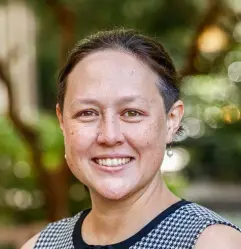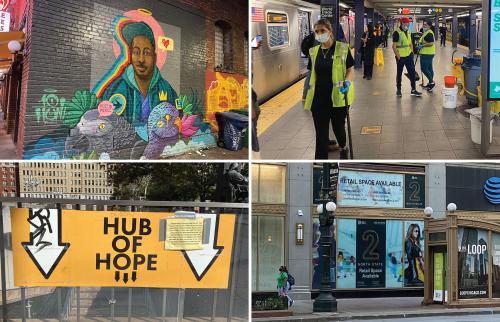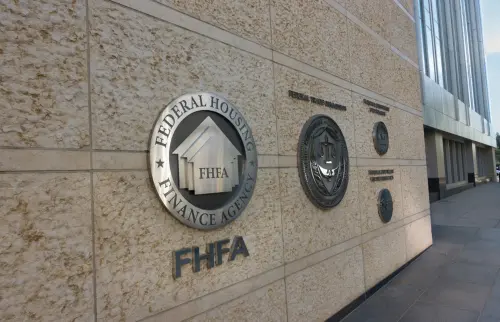On June 18, 2024, Tracy Hadden Loh testified before the U.S. Senate Appropriations Subcommittee on Transportation, Housing and Urban Development, and Related Agencies.
Loh’s testimony explored the potential benefits and hurdles around applying innovative financing tools administered by the Department of Transportation’s Build America Bureau to produce transit-oriented affordable housing.
In her written testimony, Loh identified three justifications for using funding from the Transportation Infrastructure Finance and Innovation Act (TIFIA) and the Railroad Rehabilitation and Improvement Financing (RRIF) program for real estate:
- Any counter-cyclical housing lending is helpful, and affordable housing near transit achieves many broadly shared policy goals (such as production, improving the efficiency of existing federal transportation investments, and climate).
- Some projects will never be strong candidates for conventional debt, but provide significant public benefits and merit a lender of last resort. The first TIFIA real estate project—in Mount Vernon, Wash., located next to an Amtrak station in the county seat of a rural county that also contains three Native American reservations—is an example of this.
- Commercial real estate as a sector will likely see a medium-term lack of liquidity because of a confluence of factors, especially rising defaults in both office and multifamily and persistently higher interest rates. However, the broader economic and social need for capital to flow in order to adapt the built environment to new realities is urgent. Available facilities should be deployed, not idled on the sidelines.
We are in a time where there is a broad need for government to do more with the same level of resources and deliver positive economic, social, and environmental returns. Transit-oriented development is an opportunity to do so, which merits this committee’s scrutiny, Loh wrote.
To read Loh’s full testimony, click here. To watch the testimony video, click here.




Commentary
TestimonyUnlocking Integrated, Efficient Land Use and Transportation Through Innovative Financing of Transit-Oriented Development
June 18, 2024